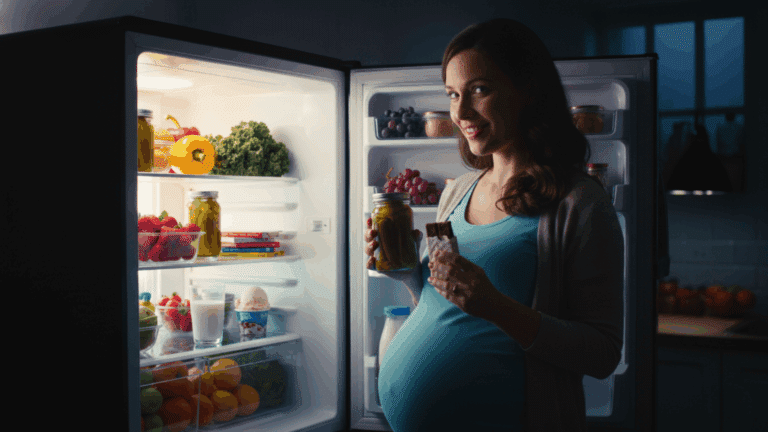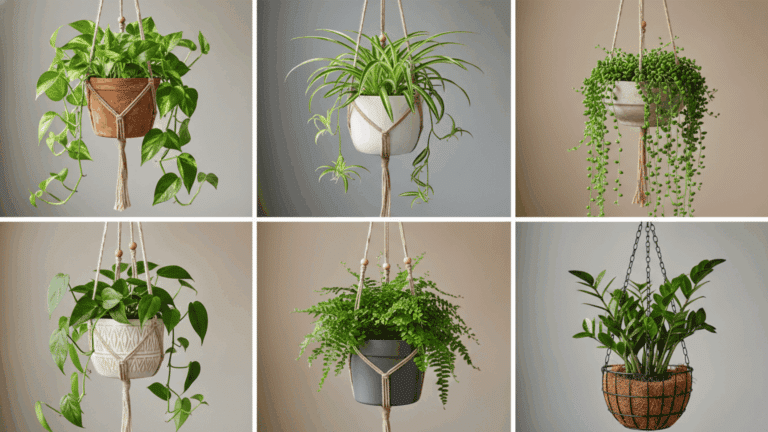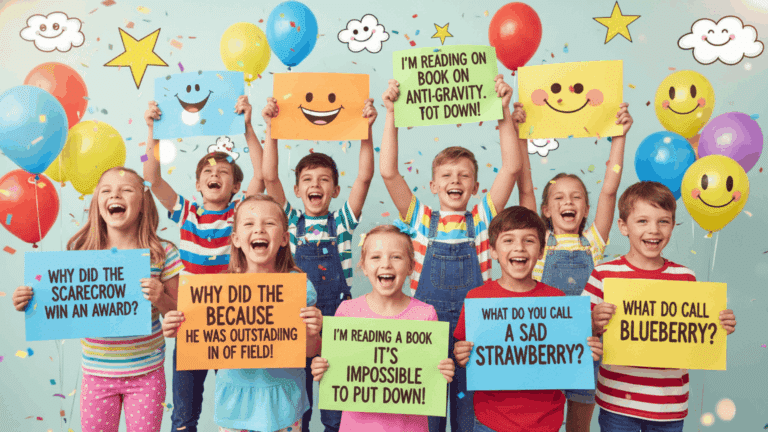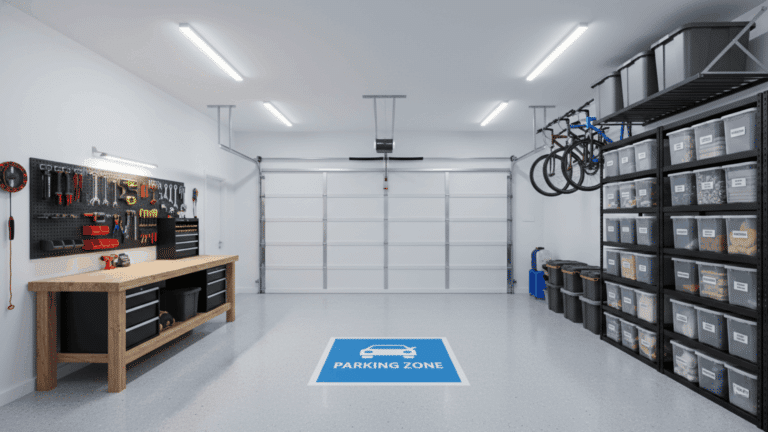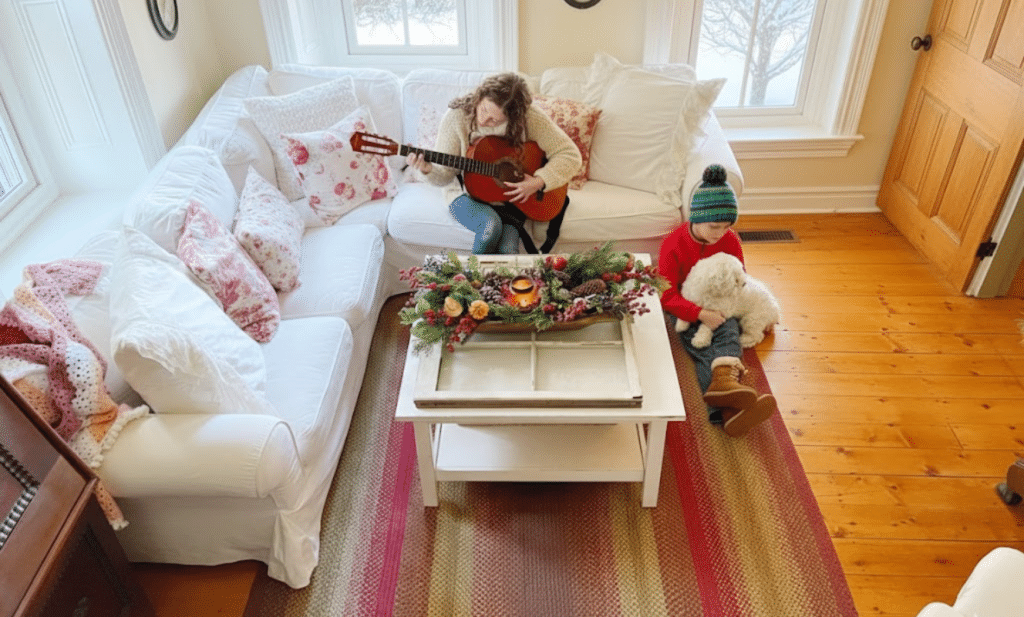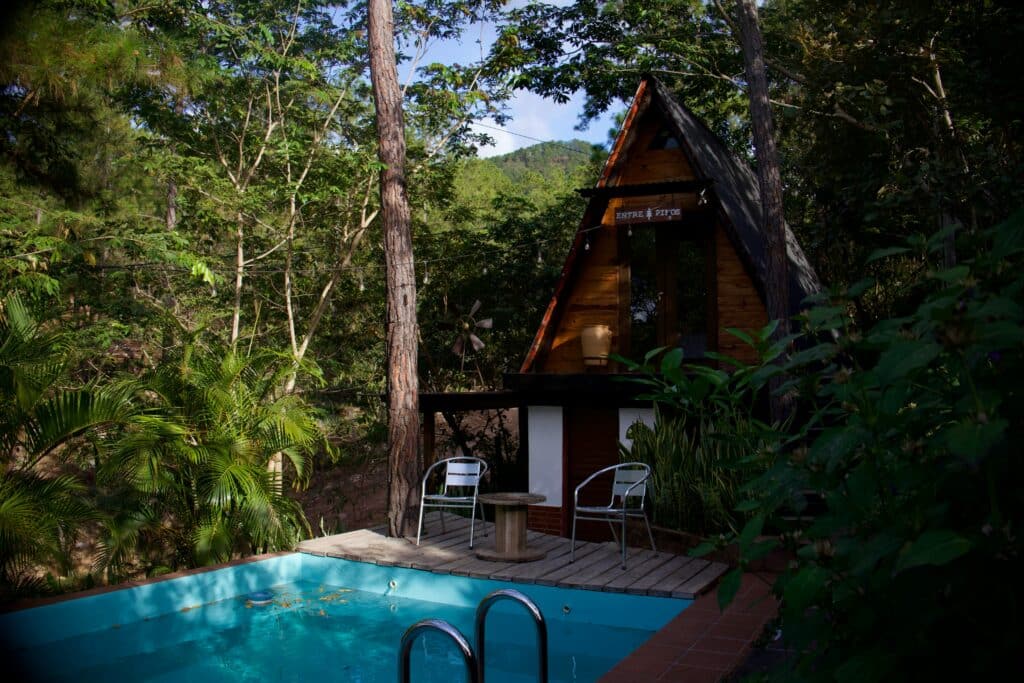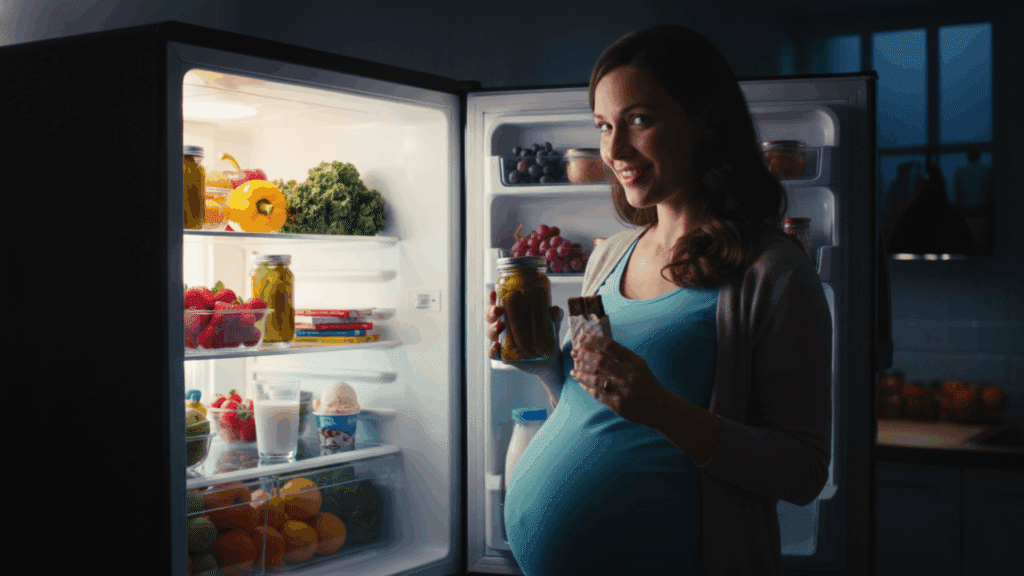Many students and writers pause when typing about their high school experience, unsure whether to use the words “High school” or “Highschool” as a single word or two.
This common grammar question trips up more people than most realize, and getting it wrong can make writing look unprofessional.
Understanding the correct usage will boost confidence in academic and professional writing, plus it’s simpler than most people think.
This article will clear up the confusion once and for all.
Is High School One Word or Two? The Great Debate
Here’s the answer to settle this once and for all: “high school” is always written as two separate words. This mistake appears everywhere, and it’s time to put an end to the confusion.
The question “is high school one word” comes up frequently in writing forums and grammar discussions.
The truth is simple – there’s no debate among grammar experts. High school follows the same pattern as other educational institutions that use two words.
Here are the key points that make this crystal clear:
- Dictionary standard: Every major dictionary lists “high school” as two words, never as one.
- Official documents: School districts, government forms, and educational websites always use two words.
- Grammar rule: Compound nouns like this typically stay separate when they describe institutions.
- Consistency pattern: Writers use “middle school,” “elementary school,” and “high school” the same way.
- Professional writing: Academic papers, news articles, and business documents follow the two-word rule.
Meaning of the Term – Compound Words

A compound word combines two or more complete words to create a new meaning. These combinations keep their original parts recognizable.
Examples include “basketball,” “notebook,” and “sunshine.”
Compound words come in three distinct formats that writers must understand:
1. Closed compounds: Written as single words like “toothbrush,” “football,” and “bedroom”.
2. Open compounds: Written as separate words like “ice cream,” “post office,” and “real estate”.
3. Hyphenated compounds: Connected with hyphens like “mother-in-law,” “well-being,” and “twenty-one”.
4. Dictionary dependency: No universal rule exists – checking dictionaries becomes essential for proper usage.
Many people ask, “is high school one word” because they assume it should be a closed compound. However, educational terms typically remain open compounds, following consistent patterns across institutional names.
Understanding compound word types prevents common formatting mistakes in formal documents and helps writers maintain professional standards.
Popular Compound Words You Should Know

The English language is filled with compound words that often cause confusion when it comes to spelling and usage.
Some are written as single words, others as two distinct terms, and a few even use hyphens depending on their grammatical role.
Understanding the correct form and context of these combinations is essential for clear, polished communication.
1. Notebook
Is it “note book” or “notebook”?
- Usage difference: “Notebook” is the correct one-word form.
- Meaning & context difference: “Note book” isn’t standard and carries no separate meaning.
- Correct example: He carried a notebook filled with sketches.
2. Haircut
Is it “hair cut” or “haircut”?
- Usage difference: “Haircut” is correct as one word.
- Meaning & context difference: “Hair cut” is just a spaced typo; meaning doesn’t change.
- Correct example: She gave her son a quick haircut before picture day.
3. Ice cream
Is it “icecream” or “ice cream”?
- Usage difference: “Ice cream” must be written as two words.
- Meaning & context difference: “Icecream” is a misspelling and not valid.
- Correct example: They stopped for ice cream after dinner.
4. Babysitter
Is it “baby sitter” or “babysitter”?
- Usage difference: “Babysitter” is the correct single-word spelling.
- Meaning & context difference: “Baby sitter” is dated or informal but understood.
- Correct example: A babysitter arrived just in time for their date night.
5. Toothpaste
Is it “tooth paste” or “toothpaste”?
- Usage difference: “Toothpaste” is the accepted one-word form.
- Meaning & context difference: “Tooth paste” may confuse readers or look like two ingredients.
- Correct example: Kids love bubblegum-flavored toothpaste.
6. Snowball
Is it “snow ball” or “snowball”?
- Usage difference: “Snowball” should be one word.
- Meaning & context difference: “Snow ball” looks descriptive rather than a noun.
- Correct example: He threw a snowball straight at the target.
7. Living room
Is it “livingroom” or “living room”?
- Usage difference: “Living room” must be two words.
- Meaning & context difference: “Livingroom” is incorrect and not recognized.
- Correct example: They watched a movie together in the living room.
8. Policeman
Is it “police man” or “policeman”?
- Usage difference: “Policeman” is correct as one word.
- Meaning & context difference: “Police man” appears awkward or incorrect in writing.
- Correct example: A policeman stopped traffic for the crossing students.
9. Doghouse
Is it “dog house” or “doghouse”?
- Usage difference: “Doghouse” is the correct one-word compound.
- Meaning & context difference: “Dog house” can be descriptive but is not standard.
- Correct example: Their Labrador sleeps in a custom-built doghouse.
10. Raincoat
Is it “rain coat” or “raincoat”?
- Usage difference: “Raincoat” should be one word.
- Meaning & context difference: “Rain coat” might imply any coat worn in rain, lacking clarity.
- Correct example: Bring your raincoat, it might rain later.
11. Sunflower
Is it “sun flower” or “sunflower”?
- Usage difference: “Sunflower” should be one word.
- Meaning & context difference: “Sun flower” may be read literally and lose specific reference.
- Correct example: A tall sunflower grew near the garden fence.
12. Dining room
Is it “diningroom” or “dining room”?
- Usage difference: “Dining room” is the correct two-word form.
- Meaning & context difference: “Diningroom” is incorrect and not a valid compound.
- Correct example: The dining room smelled like fresh bread.
13. Cupcake
Is it “cup cake” or “cupcake”?
- Usage difference: “Cupcake” is always one word.
- Meaning & context difference: “Cup cake” suggests a cup-shaped cake and looks informal.
- Correct example: She baked chocolate cupcakes for the school fair.
14. Skateboard
Is it “skate board” or “skateboard”?
- Usage difference: “Skateboard” is correct as a single word.
- Meaning & context difference: “Skate board” may confuse readers or look like a verb-noun combo.
- Correct example: He practiced tricks on his new skateboard.
15. Toothbrush
Is it “tooth brush” or “toothbrush”?
- Usage difference: “Toothbrush” is written as one word.
- Meaning & context difference: “Tooth brush” appears awkward and is not standard.
- Correct example: A travel-size toothbrush fits in any bag.
16. Swimming pool
Is it “swimmingpool” or “swimming pool”?
- Usage difference: “Swimming pool” is always two words.
- Meaning & context difference: “Swimmingpool” is not recognized in standard English.
- Correct example: The hotel has a rooftop swimming pool.
17. Backpack
Is it “back pack” or “backpack”?
- Usage difference: “Backpack” is correct as one word.
- Meaning & context difference: “Back pack” separates the noun oddly and isn’t standard.
- Correct example: Her backpack was full of books and snacks.
18. Moonlight
Is it “moon light” or “moonlight”?
- Usage difference: “Moonlight” is the correct one-word form.
- Meaning & context difference: “Moon light” sounds overly literal or poetic.
- Correct example: They danced under the soft moonlight.
19. Football
Is it “foot ball” or “football”?
- Usage difference: “Football” is always one word.
- Meaning & context difference: “Foot ball” is incorrect and lacks meaning.
- Correct example: He joined the local football league.
20. Waterfall
Is it “water fall” or “waterfall”?
- Usage difference: “Waterfall” is correct as one word.
- Meaning & context difference: “Water fall” feels disjointed or unclear.
- Correct example: They hiked to see the cascading waterfall.
21. Pancake
Is it “pan cake” or “pancake”?
- Usage difference: “Pancake” should be written as one word.
- Meaning & context difference: “Pan cake” looks awkward and is incorrect.
- Correct example: She ordered a stack of blueberry pancakes.
22. Firefighter
Is it “fire fighter” or “firefighter”?
- Usage difference: “Firefighter” is the correct one-word form.
- Meaning & context difference: “Fire fighter” is nonstandard and rarely used.
- Correct example: The firefighter rescued a family from the blaze.
23. Playground
Is it “play ground” or “playground”?
- Usage difference: “Playground” is always one word.
- Meaning & context difference: “Play ground” appears overly literal and incorrect.
- Correct example: The playground was packed after school.
24. Firefly
Is it “fire fly” or “firefly”?
- Usage difference: “Firefly” is the correct form as one word.
- Meaning & context difference: “Fire fly” has no official usage and looks incorrect.
- Correct example: A firefly flickered near the porch light.
25. Earthquake
Is it “earth quake” or “earthquake”?
- Usage difference: “Earthquake” should be written as one word.
- Meaning & context difference: “Earth quake” is not a valid term.
- Correct example: The earthquake shook the whole building.
26. Bedroom
Is it “bed room” or “bedroom”?
- Usage difference: “Bedroom” is always one word.
- Meaning & context difference: “Bed room” may confuse or appear archaic.
- Correct example: The bedroom faced the morning sun.
27. Newspaper
Is it “news paper” or “newspaper”?
- Usage difference: “Newspaper” is written as one word.
- Meaning & context difference: “News paper” seems like a descriptive phrase.
- Correct example: He read the newspaper over coffee.
28. Grandmother
Is it “grand mother” or “grandmother”?
- Usage difference: “Grandmother” is the correct form.
- Meaning & context difference: “Grand mother” isn’t standard usage.
- Correct example: Her grandmother made homemade jam every summer.
29. Butterfly
Is it “butter fly” or “butterfly”?
- Usage difference: “Butterfly” is always one word.
- Meaning & context difference: “Butter fly” is meaningless.
- Correct example: A butterfly landed gently on her arm.
30. Popcorn
Is it “pop corn” or “popcorn”?
- Usage difference: “Popcorn” is correct as one word.
- Meaning & context difference: “Pop corn” looks like a product label, not proper usage.
- Correct example: They snacked on popcorn during the movie.
31. Snowman
Is it “snow man” or “snowman”?
- Usage difference: “Snowman” should be one word.
- Meaning & context difference: “Snow man” implies a man made of snow, less specific.
- Correct example: The kids built a snowman after the first snowfall.
32. Rainbow
Is it “rain bow” or “rainbow”?
- Usage difference: “Rainbow” is always one word.
- Meaning & context difference: “Rain bow” is not a valid term.
- Correct example: A rainbow appeared after the thunderstorm.
33. Birthday
Is it “birth day” or “birthday”?
- Usage difference: “Birthday” is written as one word.
- Meaning & context difference: “Birth day” refers literally to the day of birth, not celebrations.
- Correct example: His birthday falls on a national holiday.
34. Cupboard
Is it “cup board” or “cupboard”?
- Usage difference: “Cupboard” is the correct single-word form.
- Meaning & context difference: “Cup board” sounds like a shelf for cups only.
- Correct example: She found the mugs in the top cupboard.
35. Handshake
Is it “hand shake” or “handshake”?
- Usage difference: “Handshake” is the standard one-word spelling.
- Meaning & context difference: “Hand shake” reads like two separate nouns.
- Correct example: The deal ended with a firm handshake.
36. Sunglasses
Is it “sun glasses” or “sunglasses”?
- Usage difference: “Sunglasses” is always one word.
- Meaning & context difference: “Sun glasses” is incorrect and not used.
- Correct example: He bought new sunglasses for the beach.
37. Seafood
Is it “sea food” or “seafood”?
- Usage difference: “Seafood” is written as one word.
- Meaning & context difference: “Sea food” can sound like general food from the sea.
- Correct example: They ordered seafood paella for dinner.
38. Shipwreck
Is it “ship wreck” or “shipwreck”?
- Usage difference: “Shipwreck” is the correct one-word form.
- Meaning & context difference: “Ship wreck” may be misread as a partial description.
- Correct example: Divers explored an ancient shipwreck off the coast.
39. Baseball
Is it “base ball” or “baseball”?
- Usage difference: “Baseball” is one word.
- Meaning & context difference: “Base ball” is never used and sounds disjointed.
- Correct example: Baseball season starts in spring.
40. Highway
Is it “high way” or “highway”?
- Usage difference: “Highway” is correct as a single word.
- Meaning & context difference: “High way” is not recognized in modern use.
- Correct example: They drove down a scenic highway.
41. Jellyfish
Is it “jelly fish” or “jellyfish”?
- Usage difference: “Jellyfish” is always one word.
- Meaning & context difference: “Jelly fish” appears as two unrelated nouns.
- Correct example: A jellyfish floated past their boat.
42. Ladybug
Is it “lady bug” or “ladybug”?
- Usage difference: “Ladybug” should be written as one word.
- Meaning & context difference: “Lady bug” lacks recognition and breaks the meaning.
- Correct example: A ladybug crawled across the windowsill.
43. Blueberry
Is it “blue berry” or “blueberry”?
- Usage difference: “Blueberry” is the standard one-word form.
- Meaning & context difference: “Blue berry” may imply any berry that is blue.
- Correct example: She made blueberry muffins for breakfast.
44. Laptop
Is it “lap top” or “laptop”?
- Usage difference: “Laptop” is always one word.
- Meaning & context difference: “Lap top” sounds like the top of a lap, not a device.
- Correct example: He typed away on his laptop at the café.
45. Shoelace
Is it “shoe lace” or “shoelace”?
- Usage difference: “Shoelace” should be one word.
- Meaning & context difference: “Shoe lace” may be read as a lace for shoes but is not standard.
- Correct example: Her shoelace came undone during the run.
46. Dragonfly
Is it “dragon fly” or “dragonfly”?
- Usage difference: “Dragonfly” is the correct one-word form.
- Meaning & context difference: “Dragon fly” could suggest a mythical flying dragon.
- Correct example: A dragonfly zipped past the pond.
47. Fireworks
Is it “fire works” or “fireworks”?
- Usage difference: “Fireworks” is always one word.
- Meaning & context difference: “Fire works” sounds like a sentence fragment.
- Correct example: Fireworks lit up the night sky.
48. Homework
Is it “home work” or “homework”?
- Usage difference: “Homework” is the standard one-word form.
- Meaning & context difference: “Home work” might imply working from home.
- Correct example: He started his homework after dinner.
49. Toothpick
Is it “tooth pick” or “toothpick”?
- Usage difference: “Toothpick” is correct as one word.
- Meaning & context difference: “Tooth pick” separates the idea and may confuse.
- Correct example: She grabbed a toothpick after eating corn.
50. Cheesecake
Is it “cheese cake” or “cheesecake”?
- Usage difference: “Cheesecake” is always written as one word.
- Meaning & context difference: “Cheese cake” may sound overly literal.
- Correct example: The cheesecake was rich and creamy.
51. Lifeguard
Is it “life guard” or “lifeguard”?
- Usage difference: “Lifeguard” is the correct one-word form.
- Meaning & context difference: “Life guard” can seem like a metaphor and is incorrect.
- Correct example: A lifeguard watched over the beach crowd.
52. Sidewalk
Is it “side walk” or “sidewalk”?
- Usage difference: “Sidewalk” should be written as one word.
- Meaning & context difference: “Side walk” is not a recognized variant.
- Correct example: They walked along the sidewalk hand in hand.
53. Checkout
Is it “check out” or “checkout”?
- Usage difference: Use “checkout” as a noun and “check out” as a verb.
- Meaning & context difference: “Checkout” is for locations or moments, “check out” means to examine or leave.
- Correct example: She waited in the self-checkout lane.
54. Teacup
Is it “tea cup” or “teacup”?
- Usage difference: “Teacup” is the correct single-word form.
- Meaning & context difference: “Tea cup” may still be understood but isn’t the standard.
- Correct example: Her antique teacup collection is impressive.
55. Firehouse
Is it “fire house” or “firehouse”?
- Usage difference: “Firehouse” is the standard one-word compound.
- Meaning & context difference: “Fire house” is rarely used and can cause confusion.
- Correct example: The new firehouse is fully equipped with modern tools.
The Bottom Line
The grammar question “is high school one word” now has a definitive answer for all writers.
This educational term stays as two separate words across professional and academic writing.
Understanding compound word rules and proper formatting prevents common mistakes that affect document credibility.
Grammar accuracy in institutional terminology demonstrates writing competence that makes a lasting impression on readers and colleagues alike.






